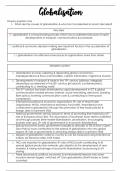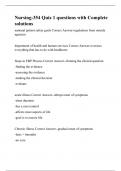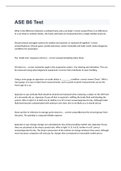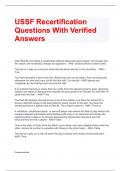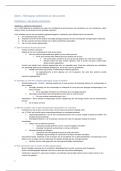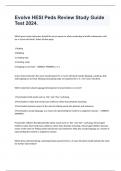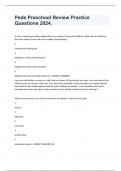Summary
Summary Globalisation Revision for A Level Edexcel Geography
- Course
- Institution
Extremely thorough revision notes for the globalisation topic in A Level Edexcel Geography. I have included every single thing listed in the specification & more, going in to a lot of detail and explaining things thoroughly. Using these notes I achieved an A* in A Level Geography 2022 exams.
[Show more]
